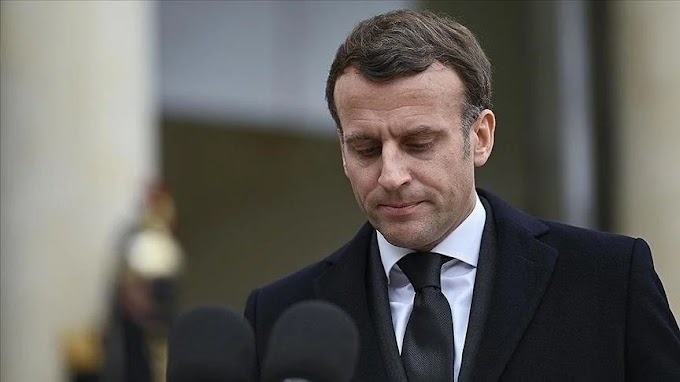Kerry’s Controversial Statement
During his departure from his climate advisor role, Kerry expressed disappointment that Russia, instead of prioritizing climate action, chose to engage in an “unprovoked, illegal war” against Ukraine. He suggested that if Russia were serious about demonstrating good faith, it could announce emissions reductions, potentially altering public perception of its actions.
Furthermore, Kerry’s assertion that emissions reductions could alter public perception of Russia’s actions was widely ridiculed. Social media platforms were flooded with memes and sarcastic comments mocking Kerry’s suggestion and questioning its validity. Many argued that environmental gestures were wholly inadequate in addressing the complex geopolitical dynamics at play.

In addition to the public outcry, Kerry’s remarks also drew criticism from political figures across the spectrum. Republican lawmakers and commentators seized on his comments as evidence of the Biden administration’s misplaced priorities and diplomatic incompetence. Meanwhile, some Democrats expressed discomfort with Kerry’s framing of the issue, fearing that it could undermine efforts to hold Russia accountable for its actions.
Overall, Kerry’s controversial statement served to highlight the complexities of the intersection between climate change and global politics. While climate action is undoubtedly crucial, many argued that it should not be used as a shield to deflect attention from more pressing issues such as armed conflict and human rights abuses. As tensions continue to escalate on the world stage, Kerry’s departure was a sobering reminder of the challenges facing policymakers in navigating these multifaceted crises.
John Kerry: Social Media Backlash
Kerry’s comments sparked widespread criticism on social media, with many users denouncing his remarks as “embarrassing” and “offensive.” Republican figures and commentators lambasted Kerry’s statement, likening the Biden administration to a “comedy skit” and labeling its officials as “raving lunatics.”
John Kerry’s recent comments have ignited a firestorm of criticism across social media platforms, with users from various political backgrounds expressing outrage and disbelief at his remarks. The backlash was swift and severe, with many denouncing Kerry’s words as not only tone-deaf but also deeply misguided.
Among the most vocal critics were Republican figures and commentators, who wasted no time in seizing upon Kerry’s comments as evidence of what they perceive as the Biden administration’s incompetence and detachment from reality. Some likened Kerry’s suggestion that Russia could improve its image by reducing emissions to a “comedy skit,” implying that such a proposal was absurd and divorced from the harsh realities of the ongoing conflict in Ukraine. Others went even further, characterizing Kerry and his colleagues as “raving lunatics” whose policy prescriptions are out of touch with the concerns of ordinary Americans.
John Kerry: Previous Statements by Kerry
This isn’t the first time Kerry has linked climate concerns to geopolitical issues. In 2022, amid Russia’s initial invasion of Ukraine, Kerry expressed concern about the environmental impact of the conflict, highlighting potential emissions consequences and urging President Putin to prioritize climate action.
John Kerry’s remarks regarding the Ukraine war and its environmental impact are not isolated incidents but are part of a pattern where he intertwines climate change with geopolitical events. In 2022, during the early stages of Russia’s invasion of Ukraine, Kerry voiced his apprehensions about the environmental repercussions of the conflict. He underscored the potential emissions consequences resulting from the war and urged President Putin to consider the long-term effects on climate change.
Kerry’s statements reflected his broader perspective on the intersectionality of climate concerns and global politics. He emphasized the interconnectedness of environmental issues with geopolitical tensions, suggesting that actions taken in one realm could have far-reaching implications for the planet’s health and stability.
Conclusion
Kerry’s suggestion that emissions reductions could positively influence perceptions of Russia’s actions in Ukraine ignited a firestorm of criticism. While climate change is undeniably a global concern, many argue that Kerry’s remarks trivialize the severity of the conflict and overlook the urgent need for meaningful diplomatic solutions. As the situation in Ukraine continues to unfold, it remains to be seen how climate considerations will intersect with geopolitical realities on the world stage.




.jpg)
.jpg)
.jpg)